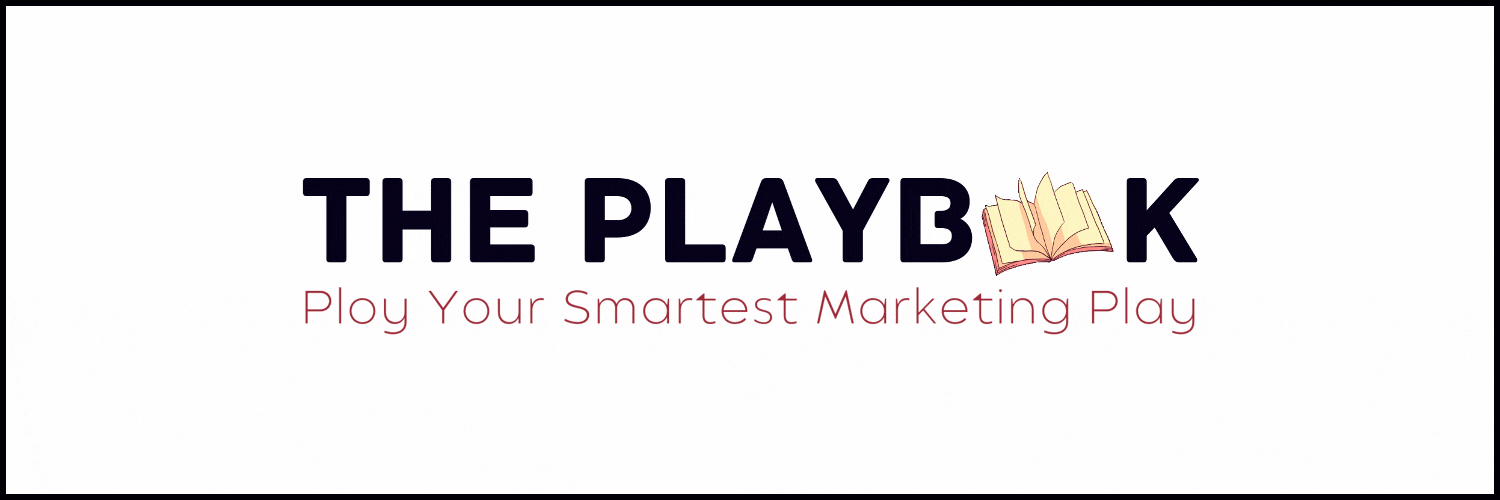Contextual Disruption Playbook
📖 Injecting Product Ads into Storytelling Tropes

Hey Readers 🥰
Welcome to today’s edition, bringing the latest growth stories fresh to your inbox.
And just a quick heads-up! If you stumbled upon us through a friend, make sure to subscribe below! That way, you’ll never miss out on the trending stories.
📖 Contextual Disruption: Injecting Product Ads into Storytelling Tropes
Most ads try to interrupt your scroll. The smartest ones integrate into your narrative brain.
Enter: Contextual Disruption—the art of embedding product ads inside familiar storytelling tropes so they don’t feel like ads at all. Instead of screaming “buy me,” these ads whisper, “this was made for you.”
Humans are neurologically wired for story. But not just any story—stories we already know. That’s why TV reboots, meme formats, and origin myths work so well: they’re recognizable. The moment your ad clicks into that familiar narrative scaffold, it gets processed faster, deeper, and with less resistance.
Let’s break down how to execute this like a creative tactician.
Step 1: Choose a Proven Narrative Blueprint
Your goal isn’t to create a story—it’s to borrow one the brain already loves. A few that convert:
- The Redemption Arc – “We were the brand that messed up. Now we’re back, better.”
- The Forbidden Secret – “The skincare trick the industry doesn’t want you to know.”
- The Reluctant Hero – “I didn’t believe this would work… until it saved my life.”
- The Heist – “How I hacked my morning routine to feel like a billionaire.”
By choosing a trope, you bypass cognitive resistance. It’s not just an ad now—it’s a story worth finishing.
Step 2: Slide Your Product In as the Narrative Catalyst
Don’t just mention your product—embed it as the thing that causes transformation.
- In a redemption arc, your product is the turning point.
- In a heist, it’s the tool that made the plan possible.
- In a secret reveal, it’s the unexpected punchline.
This makes your brand feel essential to the story—not a prop, but a plot device.
Step 3: Disrupt the Feed By Subverting Expectations
Start the ad with something familiar: a diary entry, a confessional, a note to self. But then twist it. Let the viewer realize halfway through: “Wait, this is an ad?” That moment of surprise triggers curiosity and retention.
The smartest ads don’t push harder—they blend smarter. Use the emotional scaffolding of storytelling to Trojan Horse your product into people’s minds. Context isn’t just the wrapper. It’s the persuasion layer. Wrap wisely.
Partnership with Insense
Find your perfect niche influencers within 48 hours
Fact: Nailin' that creator-brand alignment is the secret to high-performing UGC and influencer partnerships
Problem: Manually sifting through thousands of creators to find the perfect match is a time-consuming nightmare.
Solution: Insense.
You need Insense’s carefully vetted marketplace of 68,500+ UGC creators and micro-influencers from 35+ countries across the USA, Canada, APAC, Europe, and Latin America.
Dermatologists for your skincare brand? They’ve got it! Watch collectors? LGBTQ+ creators? They’ve got it!
2,000+ e-com, DTC, and Amazon brands are using Insense to find their perfect niche creators and run diverse collaborations from product seeding and gifting to TikTok Shop and affiliate campaigns, and whitelisted ads.
Any Age Activewear - quickly matched with mature female creators aged 50+ which boosted AOV by 20%
Quip - received an 85% influencer activation rate (32/37 influencers posted)
Try Insense yourself.
Book a discovery call by April 4th and get a $200 bonus for your first campaign.
🗝️ Tweet of the Day

Advertise with Us
70% of email clicks are bots but not with The Playbook. Reach real human buyers with verified clicks and only pay for actual engagement.
We'd love to hear your feedback on today's issue! Simply reply to this email and share your thoughts on how we can improve our content and format. 😍